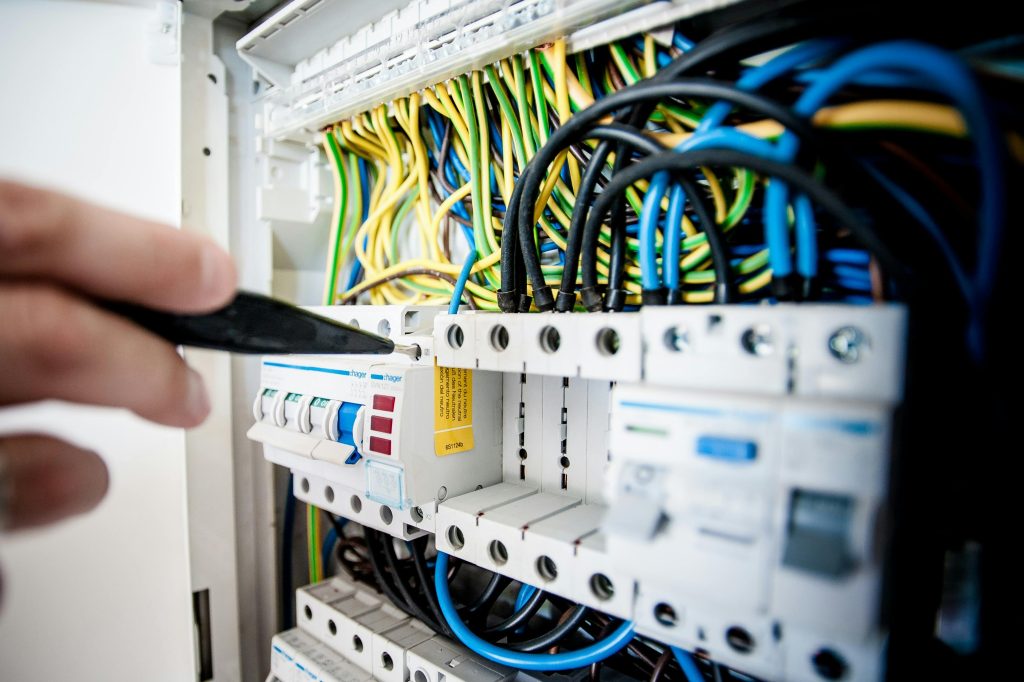The Risks of Attempting Electrical Repairs Yourself

Introduction
Electrical accidents in homes account for approximately 51,000 fires each year in the United States, resulting in over 500 deaths and $1.3 billion in property damage. These staggering statistics highlight the dangers associated with electrical work. This article aims to inform you about the risks of performing electrical repairs without the proper expertise.
1. Understanding Electricity
1.1. The Nature of Electricity
Electricity is a form of energy resulting from the movement of charged particles, primarily electrons. In a typical home, electricity is generated at power plants and transmitted through a network of wires to power your lights, appliances, and devices.
1.2. Inherent Risks
The risks associated with electricity are significant. They include:
-
Electrocution: Contact with live wires can lead to severe injury or death.
-
Fires: Faulty wiring or improper repairs can ignite fires.
-
Equipment Damage: Incorrect installations can damage appliances and electronics.
2. Consequences of Inadequate Repairs
2.1. Personal Accidents
Common injuries from poorly executed electrical repairs include:
-
Electrocution: A direct shock can be fatal.
-
Burns: Electrical burns can occur from faulty wiring.
-
Falls: Working at heights can lead to serious injuries.
2.2. Property Damage
Improper electrical work can lead to:
-
Fires: Electrical failures are a leading cause of residential fires.
-
Structural Damage: Fires can cause extensive damage to your home.
2.3. Hidden Costs
While attempting repairs may seem cost-effective, they can lead to:
-
Higher Repair Costs: Mistakes can result in expensive fixes.
-
Insurance Issues: Damage from unlicensed work may not be covered.
3. The Importance of Professional Experience
3.1. Training and Certifications
Electricians undergo extensive training, including classroom education and hands-on experience, to ensure they understand electrical systems and safety protocols.
3.2. Proper Tools
Professionals use specialized tools designed for safety and efficiency, reducing the risk of accidents.
3.3. Regulations and Codes
Electricians are familiar with local and national electrical codes, ensuring that all work complies with safety standards.
4. Safe Alternatives
4.1. Hire a Certified Electrician
The benefits of hiring a professional include:
-
Expertise: Professionals can quickly diagnose and fix issues.
-
Safety: They ensure that repairs are done safely and correctly.
4.2. Preventive Maintenance
Regular maintenance can help avoid electrical issues. Consider:
-
Routine Inspections: Schedule regular checks of your electrical system.
-
Upgrading Outdated Systems: Modernizing your electrical system can enhance safety and efficiency.
5. Conclusion
Attempting electrical repairs without the necessary experience poses significant risks, including personal injury, property damage, and hidden costs. For your safety and peace of mind, always contact a professional for any electrical issues.

